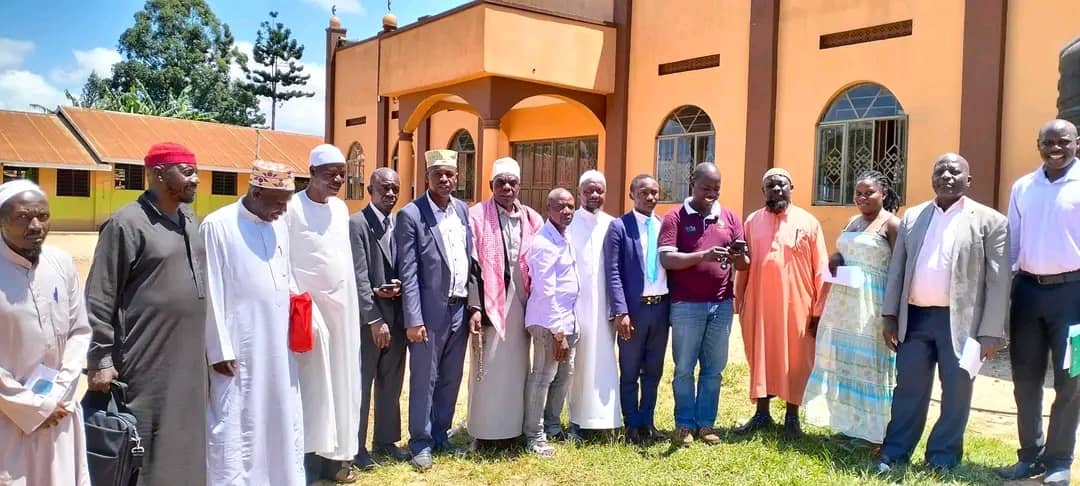Uganda’s power consumption accelerates as energy sector expands
From rooftop solar panels to small and large hydropower plants, the energy sector is growing in Uganda.
Electricity generation capacity, according to statistics from Electricity Regulatory Authority (ERA) has grown to 897.8 Megawatts (MW) from 300 MW in 2002.
The power production capacity is expected to reach 1994.5 MW by 2020 when construction of more energy plants are completed and connected to the national grid.
“Government is also focused on its priority of increasing access to clean, reliable and affordable energy to its population,” Eng. Irene N. Muloni, the Minister of Energy and Mineral Development, says.
Uganda’s electricity consumption, an important indicator of economic activity, has also registered growth in the past two years as demand for energy services expands.
Power sales to final consumers grew by 4.2% to 2,607.911 Giga-Watt hour (GWh), according to figures from the Energy and Mineral Sector Performance Report 2016/17.
The recent increase in electricity generation and the continued strengthening of the transmission and distribution network have improved power supply reliability in the country.
Access to electricity has also grown from the baseline statistic of 17% in Financial Year (FY) 2014/15 to the current parameter of 22% in FY 2016/17, James Baanabe, the Ag. Director at the Energy Resources Department in the Ministry of Energy and Mineral Development, reveals.
Financially sustainable energy sector
Government approved a power sector reform strategy in 1999 that called for developing Uganda’s hydro power resources through Independent Power Producers (IPPs) and adopting a commercially-oriented approach to increase power access and improve performance.
Several tariff adjustments and associated revisions to the tariff-setting formula have considerably improved the sector’s financial viability.
The retail tariffs are set by the Electricity Regulatory Authority (ERA) based on revenue requirements of the generation, transmission, and distribution companies and the terms of various contracts with the private generation and distribution companies.
The basic principle is that the sector is expected to be financially viable and that each generation, transmission, and distribution companies meets the performance targets specified in the respective licenses.
However, high tariffs is one of the reasons being put forward for low access to electricity, and government has promised to make power prices affordable in addition to facilitate free connections.
Electricity demand grows at an estimated annual average of 9% since 2005 with peak domestic demand reaching 508 MW.
To meet the needs of Uganda’s growing economy, providing reliable, affordable, secure, and sustainable energy requires exploring a range of options including maximizing domestic production, diversifying the energy mix and the source of supply.
Uganda is endowed with abundant renewable energy resources which are fairly distributed throughout the country.
These include: hydro, biomass, solar, geothermal, and win. The energy resource potential of the country includes large hydro, mini-hydro and geothermal.
However, much of the potentials for renewables have so far not been exploited. But Government is committed to the sustainable development of renewable energies in the country to address energy access issues, contribute to the fight against climate change, resolve environmental problems and create sustainable green jobs.
The minister for Energy and Mineral Development, Irene Muloni, has often emphasised that government is promoting the adoption of other renewable energy technologies such as: biogas systems especially in schools for cooking applications; solar photo voltaic (PV) technology under Energy for Rural Transformation for lighting health centers and schools, water heating and water pumping; Wind energy technology which is currently under study in the Karamoja region and Geothermal energy.
“I urge the public to embrace and adopt renewable energy and energy efficient technologies to save money and save the environment,” Muloni recently said, while appealing to the private sector to do more to reduce the prices of solar PV systems and energy saving technologies so that more people can access them.”
There is a sustainable energy movement underway - one that is helping to secure a cleaner, just and prosperous Uganda for all.
Uganda is on course to achieve the United Nations Sustainable Development Goal Seven of ensuring access to affordable, reliable, sustainable and modern energy for all.













